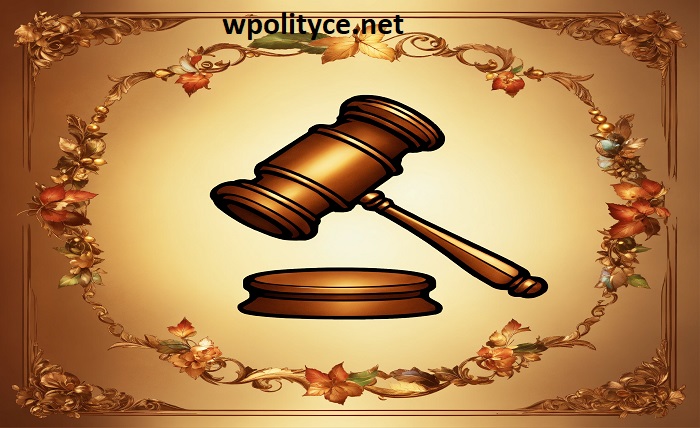Is Half Wicked Legal? Gray Areas of Morality and Law

The intriguing question “Is half wicked legal?” delves into the complex intersection of morality and law. While on the surface, it might seem straightforward, the reality is anything but black and white. Let’s unpack this question by exploring different interpretations, analyzing legal perspectives, and ultimately questioning the nature of “wickedness” itself.
The Question: What Does Half Wicked Mean?
Intentions vs. Impact: Does “half wicked” refer to an action undertaken with good intentions but negative consequences? Or perhaps one with malicious intent but mitigated impact?
Subjectivity of Morality: What constitutes “wickedness” varies across cultures, individuals, and contexts. What one deems wicked, another might view differently.
Nuances of Law: Laws deal with concrete actions and their consequences, not subjective moral judgments.
Legal Frameworks: Can the Law Judge “Half Wickedness”?
Focus on Actions: Laws typically address specific actions and their resulting harm, not the internal motivations behind them.
Intent Matters (Sometimes): While intent isn’t always enough to absolve someone of legal responsibility, it can sometimes mitigate consequences. For example, accidental harm carries different legal weight than intentional injury.
Proportionality is Key: Legal punishments aim to be proportionate to the harm caused, regardless of intentions.
Morality vs. Law: Can They Align?
Legal Systems Seek Objectivity: Laws strive to be objective and impartial, avoiding subjective moral judgments.
Morality is Fluid: Moral codes evolve over time and differ across cultures, making perfect alignment with law challenging.
Seeking Justice, Not Purity: Laws aim for justice and fairness, not eliminating “wickedness” entirely.
Black and White: Is “Half Wickedness” Real?
Recognizing Complexity: Human behavior rarely falls into neat categories of good or evil. We often make “half wicked” choices fueled by a mix of good and bad intentions with unexpected outcomes.
Focus on Understanding: Instead of labeling actions as purely good or bad, understanding the complexities behind them leads to more informed judgments and responsible actions.
Personal Accountability: Regardless of legality, we are always responsible for our choices and their consequences, even if our motivations were “half wicked.”
Conclusion
So, “is half wicked legal?” Ultimately, it depends on the specific action, its legal definition, and the intended harm. But focusing solely on legality misses the crucial point: Understanding the complexities of human behavior and fostering ethical decision-making go beyond legal boundaries. By exploring the gray areas, questioning our own motives, and striving for accountability, we can move beyond simplistic judgments and navigate the world with greater empathy and responsibility.
FAQ
- Q: Does intent negate legal consequences?
A: Not always. While intentions are considered in some cases, the law primarily focuses on the action itself and its resulting harm.
- Q: Can moral ambiguity justify illegal actions?
A: No. The law doesn’t recognize “half wickedness” as justification for breaking the law, regardless of intent.
- Q: How can understanding complexity help legal systems?
A: Recognizing the nuances of human behavior can lead to more informed judgments, tailored responses, and potentially, reformative outcomes.
- Q: What can I do to navigate the gray areas ethically?
A: Reflect on your motivations, consider potential consequences, and strive for transparency and accountability in your actions. Remember, there’s rarely a single “right” answer, but striving for understanding and ethical decision-making is key.




